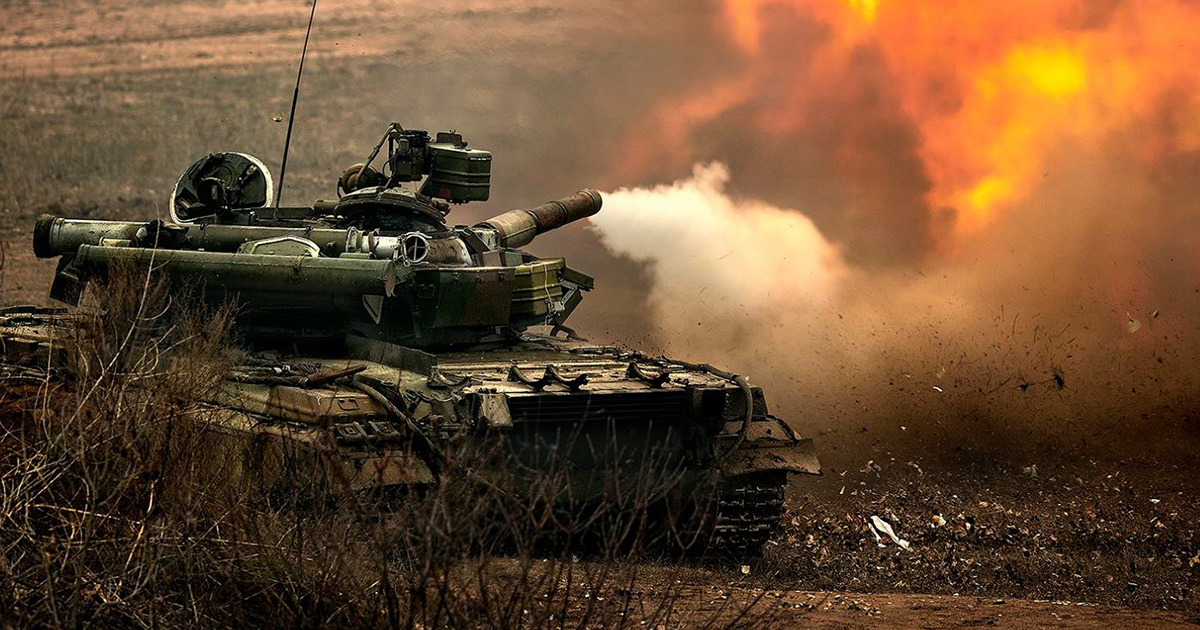On February 20, 2002, more than five months ago, the world watched in horror as Russia invaded the territory of Ukraine. Every day since then, we have witnessed countless acts of terror in an invasion that has been almost unanimously rejected by the international community.
No one can be certain that this war, brought about by Russia’s rulers, will have an end in the short term. In the meantime, the shock waves provoked by the acts of war and the reactions of the international community are affecting the vast majority of countries in the world, among them:
- A runaway inflation that is already plaguing not only Europe, but even beyond its borders.
- Ukraine, which has been described as “the breadbasket of the world” because of its capacity to feed 600 million people every year, has been unable to dispose of the grain (wheat, corn, barley, rapeseed) stored in its granaries or destroyed during the Russian attacks. Thus, shortages of certain basic foodstuffs are affecting countries that depend heavily on these exports, and there is already talk of conflict-induced famine in some regions of the world.
Unfortunately, they are not the only ones. In the last few weeks we have witnessed decisions that go against the fight against climate change and threaten to blow up the climate agreements at the Paris summit in 2015, in order to somehow alleviate the energy shortage that has been caused in Europe by the sanctions against Russia, encouraging, for example, the use of coal, which is highly polluting, as a source of electricity generation. The short-term future, in this sense, remains very uncertain, especially for the countries close to the conflict zone and those that depend, to a greater or lesser extent, on Russia for energy.
But there is another reality that is just as worrying as the above, and which is less known, as it happens within the hermetic borders of the Russian country: the lack of personal freedoms, specifically the lack of freedom of expression. The right to freedom of expression is enshrined in Article 19 of the Universal Declaration of Human Rights: “Everyone has the right to freedom of opinion and expression; this right includes freedom to hold opinions without interference and to seek, receive and impart information and ideas through any media and regardless of frontiers.”
Since February 24, the Russian government has been enacting laws to silence opinions contrary to the government’s official ones, punishing with fines or even imprisonment any manifestation contrary to the official one, and even prohibiting the use of the term “war” to refer to the conflict. As a result, many Russian media, and foreign media on Russian territory, have had to close their media outlets in order not to be condemned by these infamous laws.
Thus, on July 7, Aleksei Gorinov, a Moscow city councilor, was sentenced to seven years in prison simply for denouncing the Russian invasion of Ukraine.
Moscow city councillor Alexei Gorinov was sentenced to 7 years in a penal colony on Friday for denouncing Russia's war in Ukraine.
The judge found him guilty of "disseminating clearly false information" and doing so as part of an organised group motivated by "political hatred". pic.twitter.com/3rUKwpYx8J
— Visegrád 24 (@visegrad24) July 11, 2022
Commenting on this conviction, Bruce Millar, Amnesty International’s Deputy Director for Europe and Central Asia, said: “Aleksei Gorinov’s sentence is surprising. It’s an illegal reprisal for expressing his views, and never the administration of justice. Aleksei Gorinov didn’t commit any internationally acknowledged crime by calling the conflict unleashed by Vladimir Putin on Ukraine what it’s, a legal conflict. The Russian judiciary has as soon as once more sided with a authorities intent in silencing all types of dissent.”
Another effect of this persistence of the conflict over time has been that, somehow, we are “getting used to” this unwanted war situation and war conflicts (Ukraine and so many others that remain active today) are no longer on the front pages of the news.
As followers of St. Vincent de Paul and St. Louise de Marillac, faced with the situations that arise, we always ask ourselves the same question: “What should be done? What should we, as Vincentians, do to alleviate – and also denounce – all these situations caused by war?”
Many of us may think that we can do nothing as individuals, and perhaps little as a group. But the truth is that the little that can be done is always a lot, and can make a big difference for people who suffer directly from the horrors of war. On famvin.org you have several stories about this that you can check out at this link.
Of course, like millions of Christians around the world, we pray for an end to conflict and for the health and well-being of the millions of innocent people affected by it. And yet, we continue asking ourselves if we can do more: can we in any way defend human rights, fight climate change, alleviate the effects of rampant inflation, help the people who are suffering the most from its consequences? Undoubtedly, there are things that we are all capable of doing, each one of us where we live. Let us hope that we do not lack the courage to continue our work, with determination.
Communications Commission of the Vincentian Family.








0 Comments